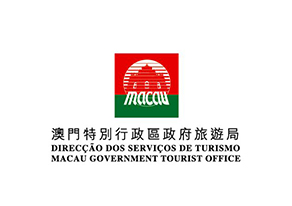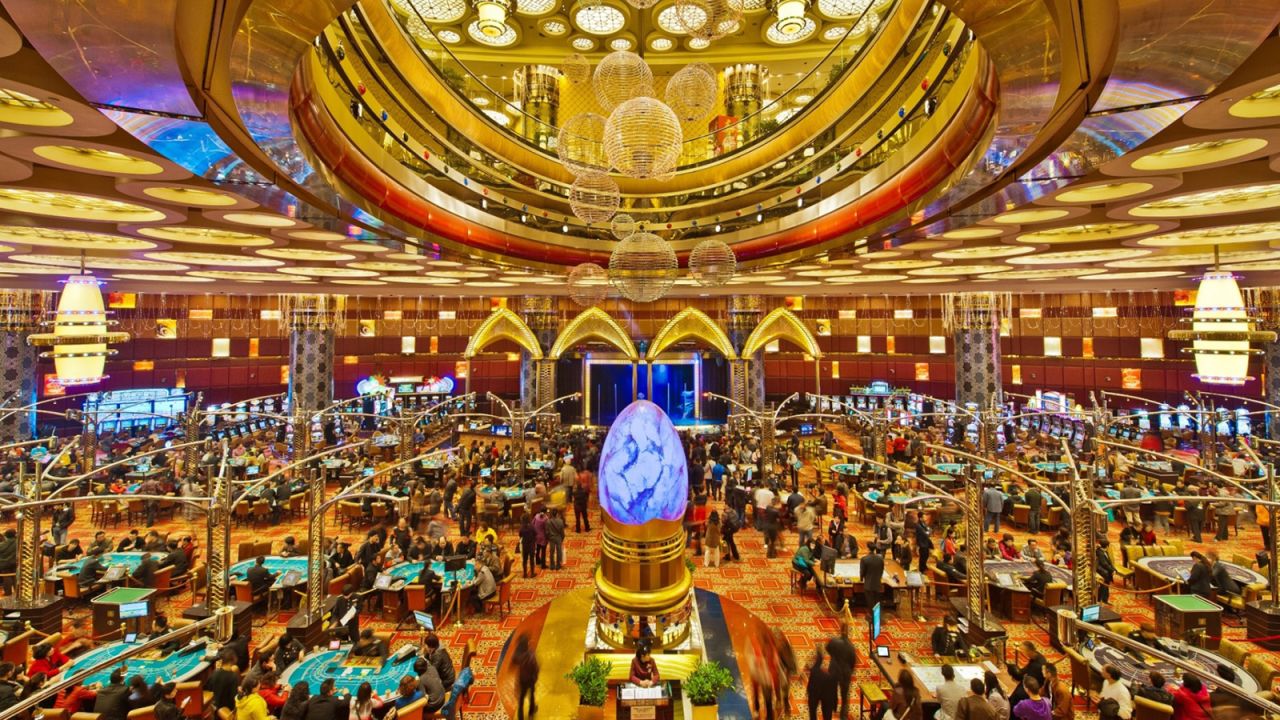
Macau is stepping up its efforts to attract more international tourists in 2026 with a fresh and highly visible incentive: free direct bus tickets from Hong Kong International Airport to Macau for eligible foreign visitors. This initiative, spearheaded by the Macao Government Tourism Office (MGTO), is part of a broader strategy to expand Macau’s reach in global tourism markets and foster longer, multi-destination trips that include both Hong Kong and Macau.

The landscape of luxury travel retail in Macau, Hong Kong and Greater China is undergoing a major strategic shift with the recent news that China Tourism Group Duty Free (CTG Duty-Free) has agreed to acquire a significant portion of DFS Group’s retail operations across the region. This deal marks one of the most important moves in travel retail this year, and its effects will ripple across the luxury goods, travel and retail ecosystems.

The chief executive of Resorts World Sentosa has cautioned that rebuilding the property’s appeal and financial performance will take time, underscoring that recovery is not an overnight process even as regional travel and gaming demand continue to normalise. Speaking amid ongoing operational upgrades, management stressed that the focus remains on long-term repositioning rather than short-term revenue spikes.

A January survey by Citigroup has found that bet volumes from so-called “whales” in Macau surged by 72% year on year, pointing to a robust rebound in high-end play despite ongoing concerns around margins and regulatory constraints. The findings suggest that top-tier players are returning to the market in greater force, contributing meaningfully to headline gaming volumes at the start of 2026.

The Governor of Hokkaido has called on the Japan central government to reassess its integrated resort (IR) policy, questioning why only one project has successfully secured approval nationwide so far. Speaking publicly, the governor suggested that the outcome reflects structural and regulatory challenges within Japan’s IR framework rather than a lack of interest or capability among regional governments.